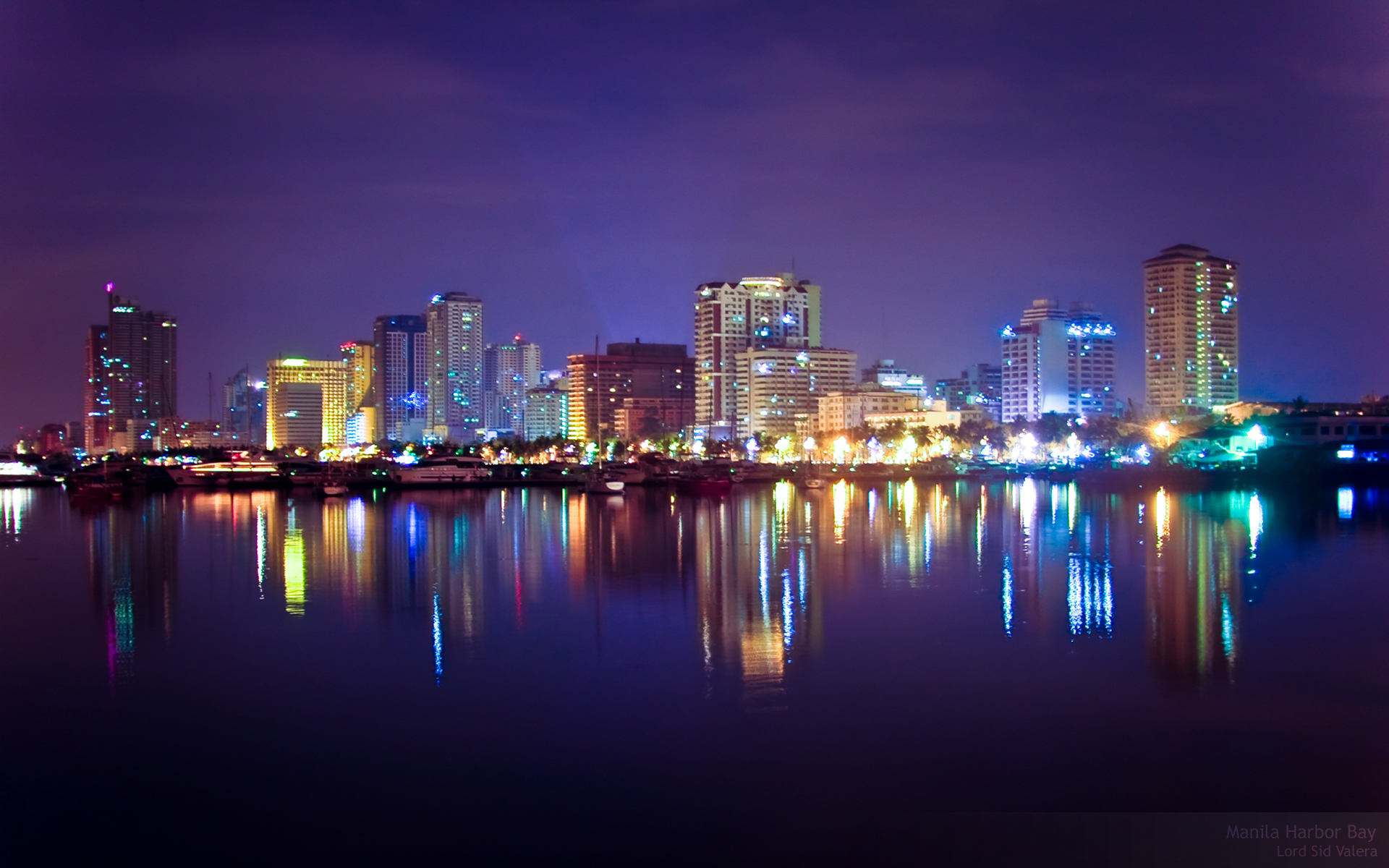MANILA, Nov. 11 (Xinhua) -- Leaders from Asia and the Pacific will converge in Manila next week to discuss measures to help counter the threat posed by terrorists who intend to make the region their safe haven, Southeast Asian diplomats have said.
Philippine President Rodrigo Duterte, whose country holds the rotating year-long chairmanship of ASEAN, will play host to fellow leaders of the 10 member states of the Association of Southeast Asian Nations (ASEAN) and the leaders of its dialogue partners.
CALL FOR EFFORTS TO COUNTER TERRORISM
The leaders will warn of the dangers of pro-IS fighters and the increasing prevalence of cross-border terrorism, ASEAN diplomats have told Xinhua.
The diplomats, who declined to be named, said the leaders will stress the need to address the spread of extremist ideologies in the region to prevent terrorist groups from regenerating in new forms and to keep pressure on these terrorist groups which continue to carry out devastating attacks that may harm the region's peace and stability.
The ASEAN leaders will issue a Manila Declaration to Counter the Rise of Radicalization and Violent Extremism at the end of their meeting. Likewise, the East Asia Summit (EAS) will issue the EAS Leaders' Statement of Preventing and Countering the Spread of Terrorist Ideology at the end of their meeting.
To cut off terrorists' access to international fund, the EAS leaders will also issue the EAS Leaders' Declaration on Anti-Money Laundering and Countering the Financing of Terrorism after their summit.
The leaders will also stress the need to promote peace and security in the region, saying it is needed to achieve high economic growth by increasing trade, investment, and job creation, the sources said.
Southeast Asia has faced the threat of terrorism for decades, and the rise of IS poses heightened challenges to the region especially after the pro-IS militants' attack in Marawi in May that led to a five-month conflict in the southern Philippines.
JOIN HANDS TO STRENGTHEN ECONOMIC COOPERATION
ASEAN has a combined gross domestic product (GDP) of 2.3 trillion U.S. dollars. If taken as a single country, ASEAN will be the seventh largest economy in the world.
On Tuesday next week, the leaders of countries negotiating for the Regional Comprehensive Economic Partnership (RCEP) are also expected to issue a joint leaders' statement.
RCEP is the free trade agreement that the 10 Association of Southeast Asian Nations (ASEAN) member states and its six trading partners Australia, China, India, Japan, South Korea, and New Zealand are hoping to establish.
ASEAN groups Brunei, Cambodia, Indonesia, Laos, Malaysia, Myanmar, the Philippines, Singapore, Thailand and Vietnam.
Ramon Kabigting, a former Philippine negotiator for RCEP, told Xinhua that China will eventually play a vital role in determining the direction of Asian free trade agreements like RCEP.
The 16-party RCEP agreement, considered as one of the world's largest free trade area, represents an integrated market of more than 3 billion people with a combined GDP of 22.4 trillion U.S. dollars.
STRIVE TO ENSURE REGIONAL STABILITY
The leaders are expected to discuss maritime security and cooperation and to exchange views on the non-proliferation of nuclear weapons, cyber security and humanitarian assistance and disaster relief.
Diplomats have said that the leaders are expected to express concern over the escalation of tension in Korean Peninsula and to call for peaceful conflict resolution through diplomatic means.
Philippine authorities have tightened the security ahead of the summits that will be attended by 22 world leaders.
United Nations Secretary-General Antonio Guterres will also be attending the ASEAN-related meeting.
Canadian Prime Minister Justine Trudeau and European Council President Donald Tusk are also coming to attend the ASEAN-Canada and ASEAN-EU commemorative summits, celebrating their 40th-anniversary partnerships.
The government will deploy nearly 60,000 soldiers and policemen in Manila and Clark in Pampanga to ensure the safety and security of the world leaders, the delegates and members of the international media that will cover the events.
These forces will be assigned to secure the airports, routes, venues, and tours of the delegates, according to Catalino Cuy, Interior and Local Government officer-in-charge.
